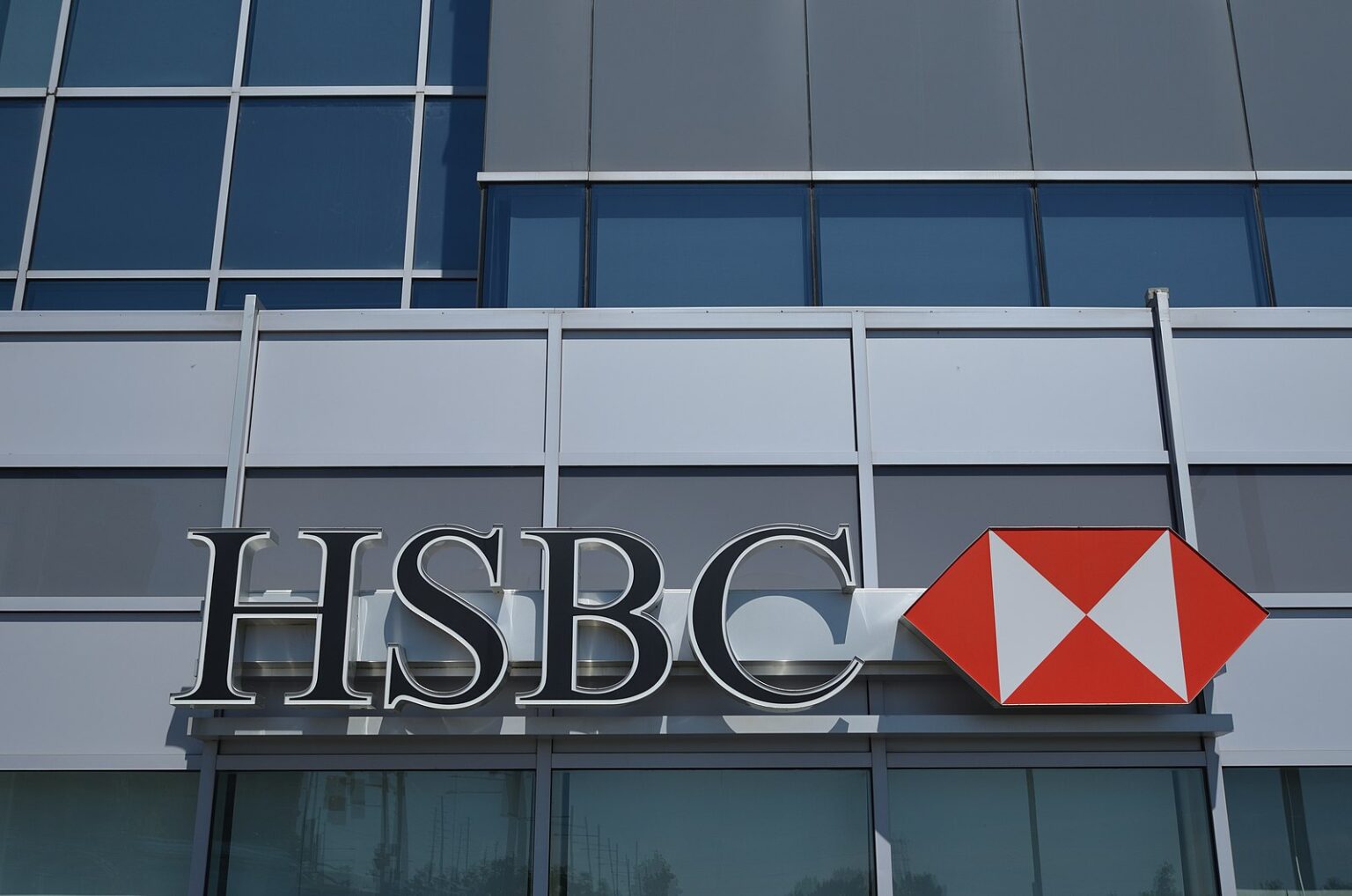HSBC has been accused of double standards after suspending an executive who said investors “need not worry” about climate change, while continuing to plough billions of pounds into fossil fuels.
The British bank this week suspended the head of responsible investing at its asset management division after he gave a speech saying climate risks were exaggerated, asking: “Who cares if Miami is six metres underwater in 100 years? Amsterdam has been six metres underwater for ages and that’s a really nice place.”
Senior figures including its chief executive Noel Quinn have since distanced themselves from Stuart Kirk’s remarks. Nicolas Moreau, chief executive of HSBC Asset Management, Kirk’s division, called climate change “one of the most serious emergencies facing the planet”, adding that it is “committed to driving the transition to a sustainable global economy”.
But Kirk’s comments raise questions about the strength of that commitment. HSBC has financed £103 billion in fossil fuels since the Paris Agreement was ratified in 2016, including £43.8 billion in fossil fuel expansion, according to analysis by BankTrack.
Among UK banks, this is second only to Barclays, which has financed £133 billion over the same period, and is considerably higher than Lloyds, Natwest and Standard Chartered.
HSBC financed nearly £14 billion in 2021 alone, including £5.1 billion in expansion, and millions in coal mining and power generation.
The bank also has stakes in coal companies planning new plants that would emit 15 billion tonnes of carbon dioxide over their lifetimes, the equivalent of 32 years of the UK’s current emissions, according to campaign group Market Forces.
DeSmog analysis last summer found 86 percent of HSBC’s board of directors had current or past ties to polluting companies or associated organisations.
In November, the Bureau of Investigative Journalism revealed how HSBC had been spearheading efforts to scrap mandatory science-based targets on climate change for the banking sector.
‘Actions Speak Louder Than Words’
Adam McGibbon, UK campaign lead at Market Forces, said: “Stuart Kirk’s comments are closer to HSBC’s real attitude than any of the bullsh*t from the bank’s PR teams or senior management. This wasn’t a slip of the tongue – it was a planned, lengthy presentation to a group of investors.
“The mask slipped – it’s a shame the rest of the bank couldn’t be as honest about the bank’s attitude to climate change and its huge fossil fuel investments.”
Beau O’Sullivan, senior campaigner on the Bank on our Future campaign, says: “If you look at HSBC’s actions at large, they are no better than Kirk. Board members might have distanced themselves from him but let’s look at what they’ve actually done.
“Actions will speak louder than words, and the proof will be in their upcoming oil and gas policy later this year.”
An HSBC spokesperson said: “We are committed to aligning our financed emissions to net zero by 2050 or sooner. This includes a science-aligned phase down of all fossil fuel financing, in line with what is required to seek to limit the global temperature rise to 1.5C.”
The bank is phasing out finance for coal-fired power and thermal coal mining and has set targets for reducing oil and gas financing, while “helping to enable even the most carbon-intensive sectors progressively to decarbonise”, they said.
Subscribe to our newsletter
Stay up to date with DeSmog news and alerts







